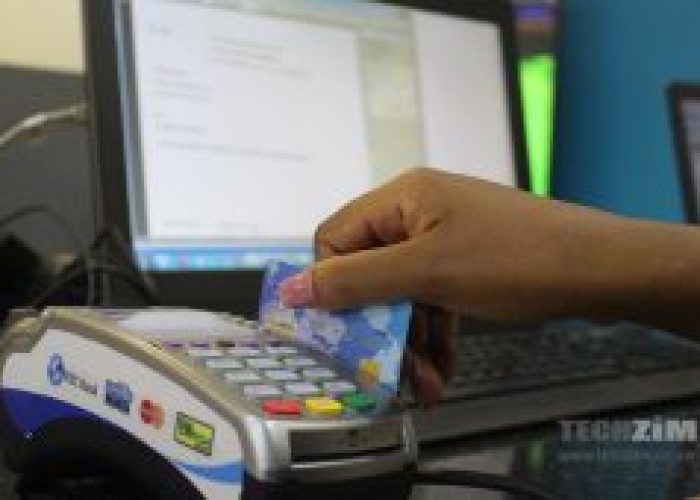


 declared effective on the day it was announced. However, the banks could not effect it because it had not been announced in a statutory instrument as it should have.
declared effective on the day it was announced. However, the banks could not effect it because it had not been announced in a statutory instrument as it should have.
The regulation was then announced in a statutory instrument and we all started parting with 2% of our money when we transacted except for some exceptions that were later defined as the tax was pieced together on the fly. After that, the tax was then included in the budget presented by Mthuli Ncube in November last year.
The objective was to get the legalities to be taken care of when the budget gets passed by parliament. However, the bill that authorises the budget has not been passed by parliament yet. It is yet to be read by the senate and this leaves a few things uncertain. From Veritas:
The general rule is that a Bill does not come into force as an Act of Parliament until it has been passed by the National Assembly and the Senate, then signed by the President, and published in the Gazette. Budget legislation such as the Finance (No. 3) Bill is unique, as the Minister said, in that most of its clauses are stated to come into operation on a specific date, often the beginning of a financial year [which in the case of this Bill is the 1st January 2019]. If the budget legislation comes into force as an Act later than an operative date specified in one of its clauses, then the clause concerned will be retroactive, i.e. it will be deemed to have come into operation on the specified date. This means that liability for any taxes imposed by the clause will be back-dated, though whether the taxes can actually be collected before the Bill comes into force may be open to doubt.
The effect of back-dating is particularly doubtful in regard to the intermediated money transfer tax, i.e. the two per cent tax on electronic money transfers. The statutory instrument which originally imposed the tax (SI 205 of 2018) was invalid for reasons we outlined in Bill Watch 32 of 2018 [link], in particular because it was not authorised by the statute under which it was purportedly made. Hence the tax could not – and still cannot – be legally levied. Clauses 4 and 13 of the Bill try to rectify this by amending the Finance Act and the Income Tax Act so as to allow the new tax to be levied and by back-dating the amendments to the date on which the original statutory instrument was published.
The problem is that SI 205 of 2018 (the original statutory instrument) was a nullity, so attempts to collect the tax are illegal and amount to unlawful seizures of property. It cannot be said that the taxpayers have voluntarily paid the tax by making electronic money transfers: with the current shortage of cash it is impractical for them to make payments in any other way, and they are not asked if they agree to the tax being deducted. An Act of Parliament cannot retrospectively validate such illegal conduct; validation would go against the principles of good governance, including respect for vested rights, which section 3 of the Constitution declares to be one of Zimbabwe’s founding values.
Those are quite strong terms used there. It makes sense that we cannot be said to have consented to the tax as we have been paying it for months now. The tax is deducted automatically without anyone asking us or us taking it to ZIMRA. We are paying it because the government is taking it.
The Veritas Bulletin goes on to discuss other legal technical stuff regarding the passing of the budget bill itself and the possible timelines. I suggest you go through it so you keep yourself aware of where things stand.
It’s sad that in more and more areas our government is not respecting laid down process and the rule of law. Besides this tax being very unfair and affecting us in a big way, it should in the least be levied according to the law.
Professor Mthuli Ncube is the Minister of Finance and Economic Development.He was the Chief Economist and Vice President of the African Development Bank ,financial, economics, investment, and public policy expert, entrepreneur and academic. Professor Ncube divides his time between the private sector in Switzerland and… Read More About Mthuli Ncube
The National Assembly is one of the organs of the parliament in Zimbabwe. The other being the Senate. The National Assembly in Zimbabwe consists of 270 MPs. Of these, 210 MPs are elected directly in 210 physical constituencies spread across the country. The remaining 60… Read More About National Assembly
The Senate of Zimbabwe is the upper chamber of the country’s bicameral Parliament. It was established in 1980 running up to 1989, and was re-introduced in November 2005. The Senate consisted of 40 members, the majority of whom were elected by the House of Assembly,… Read More About Senate
The post 2% Tax Still Illegal And Amounts To Unlawful Seizure Of Property – Veritas appeared first on Techzim.